Sustainable AI is key to Pure Storage — and Pure Accelerate 2024 will make that mission clear
Pure Storage has a chance to differentiate itself from larger industry competitors at its upcoming conference in Las Vegas – and banging the drum on sustainability will be critical
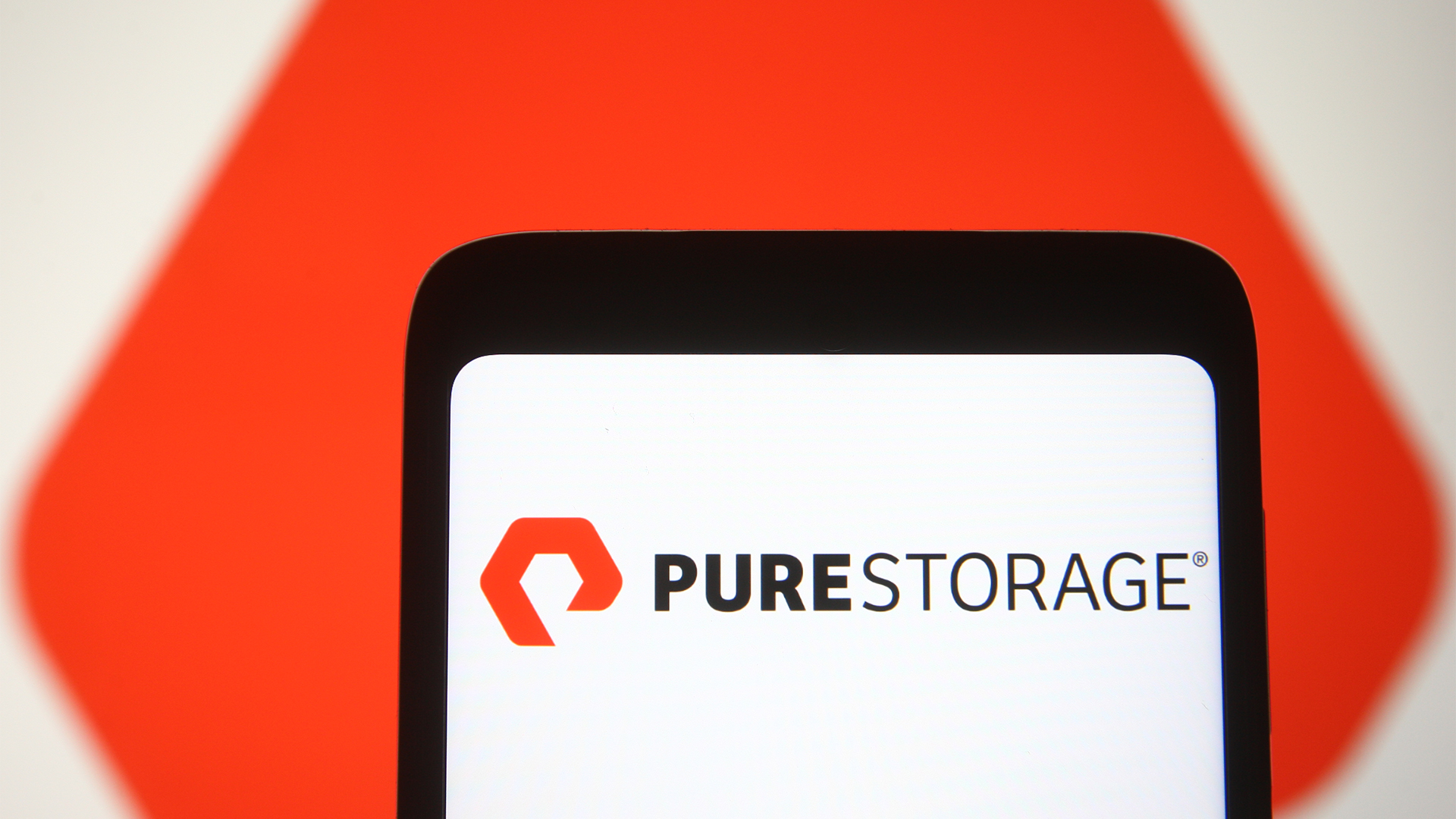

It’s easy to get caught up in the excitement of technology when it’s still in its infancy. From fossil fuels to the internet, businesses and industries are often liable to put rewards above risks when a new innovation promises to change the world.
The same goes for generative AI, which, ethical and existential concerns aside, has a serious problem with power consumption. To unlock the benefits of AI, many businesses risk putting new technologies ahead of sustainability goals.
Pure Storage has set out to tackle this issue directly. The data storage company is looking to position itself as the sustainable alternative in the AI revolution with its efficient flash storage offerings.
Pure’s position is as the newcomer in the storage space, navigating its way between the big hitters of Dell and HPE, though the firm seems confident in its ability to offer something both attractive and important: sustainable AI.
Pure//Accelerate 2024, the firm’s flagship event in Resorts World Las Vegas, is where the firm can make that offering crystal clear. With more than 1,200 set to attend the event from 18-21 June, Pure can double down on its mission to keep the next technological revolution.
Lessening the load on data centers
Earlier this year, research predicted that data center power consumption is set to double by 2030, constituting almost a tenth (9%) of US power consumption. Microsoft alone saw its carbon emissions surge by 29% on the back of data center development.
In both cases, the unsurprising root cause is generative AI. This is a power-hungry technology, running on demanding compute operations that suck up electricity and necessitate bigger data centers in more numerous locations.
Get the ITPro daily newsletter
Sign up today and you will receive a free copy of our Future Focus 2025 report - the leading guidance on AI, cybersecurity and other IT challenges as per 700+ senior executives
For Pure Storage, this is a growing concern that’s been top of mind for some time. The topic was a key focus at the firm’s 2023 event, in fact, with CEO Charlie Giancarlo telling audiences that “disks are done”.
Giancarlo referred here to disk drives, which he sees as the old guard of storage in that they require inefficient cooling systems to keep them operational. Instead Pure Storage, much like its competitor NetApp, offers a more efficient flash storage alternative.
Being Pure Storage’s core product offerings, these flash storage devices will no doubt be a talking point at the approaching conference.
The firm has been hard at work seeking to prove the value of its offerings in a more sustainability-conscious world since its last conference. Earlier this year, for example, the firm announced that a client was able to reduce its storage rack size by 95% on Pure’s solutions.
The climate crisis is a key issue for businesses and efficient use of power is only becoming more pertinent as an issue, so we can likely expect to see this as a topic of conversation at this year’s event.
Despite the efficiency gains offered by flash storage, however, adoption has also been noticeably slow, so it will be interesting to see whether Pure has made significant gains in the data center market as a whole.
Sustainable storage, sustainable AI
With sustainability at the core of Pure’s strategy, it’s highly likely to be built into anything the firm looks to unveil, announce, or parade at its approaching conference. Seeing as storage is the firm’s foundation and AI the unavoidable elephant in the room, we can expect a focus on tying sustainability into both.
Storage as a Service (STaaS) has been a key focus for the firm since its inception. In 2015, Pure introduced its Evergreen architecture which was followed up in 2018 with the release of Evergreen//One.
Following last year’s Pure//Accelerate, the firm announced the next phase in its STaaS operations by committing to pay for its customers’ power and rack space costs on their Evergreen platforms to help customers “consume less power”.
Pure seems similarly committed to sustainable AI, commissioning surveys that show the extent to which the industry needs more preparation for AI power demands - for example, 73% of IT buyers were not completely prepared for the energy requirements of AI.
The firm has also partnered and collaborated with the likes of Nvidia in an effort to help its customers drive AI adoption through a more effective AI architecture and framework.
Hands-on with cloud native
As a cloud storage provider, Pure puts a lot of its focus on the cloud native community, investing a lot of its time into Kubernetes and cloud native development.
As a result, platform engineering may get a look-in at the approaching conference, being a methodology that aids the cohesion of application deployment on container orchestration systems in the cloud.
In line with this focus, Pure Storage recently released a report looking into cloud native adoption. The report found that the majority (80%) of new applications will be built on cloud native platforms, reaffirming its position as a cloud-first provider.
Similar to its partnership with Nvidia on AI, Pure has also sought to partner up with the big names in cloud computing such as Microsoft. The firm announced recently that it would be bringing its storage solutions to native Microsoft Azure services as part of a new agreement.
Strength to strength for Pure Storage
Last year, ahead of the firm’s 2023 conference, the firm’s most recent earnings call showed a 5% decrease in year-on-year revenue, though the company still exceeded analyst expectations.
RELATED WHITEPAPER

This year, the firm is building on strong results in the latter half of 2023, which saw full-year revenue growing by 3% year-over-year to a total of $2.8 billion. Pure’s subscription services revenue in particular saw a 24% year-over-year increase during fiscal Q4 2024.
Pure Storage is also still outpacing analyst expectations, having exceeded revenue guidance in Q4 2024, according to reporting by Forbes. As of the firm's most recent earnings call for Q1 fiscal 2025, Pure is posting a revenue of $693.5 million, an increase of 18% year-over-year.
Though Pure is still very much the plucky underdog - HPE, for example, posted revenue of over $7 billion at a recent earnings call - it seems to be in a good position. The firm has a lot to be confident about in the storage market, and Pure//Accelerate 2024 is the perfect place to show that confidence off.

George Fitzmaurice is a former Staff Writer at ITPro and ChannelPro, with a particular interest in AI regulation, data legislation, and market development. After graduating from the University of Oxford with a degree in English Language and Literature, he undertook an internship at the New Statesman before starting at ITPro. Outside of the office, George is both an aspiring musician and an avid reader.
-
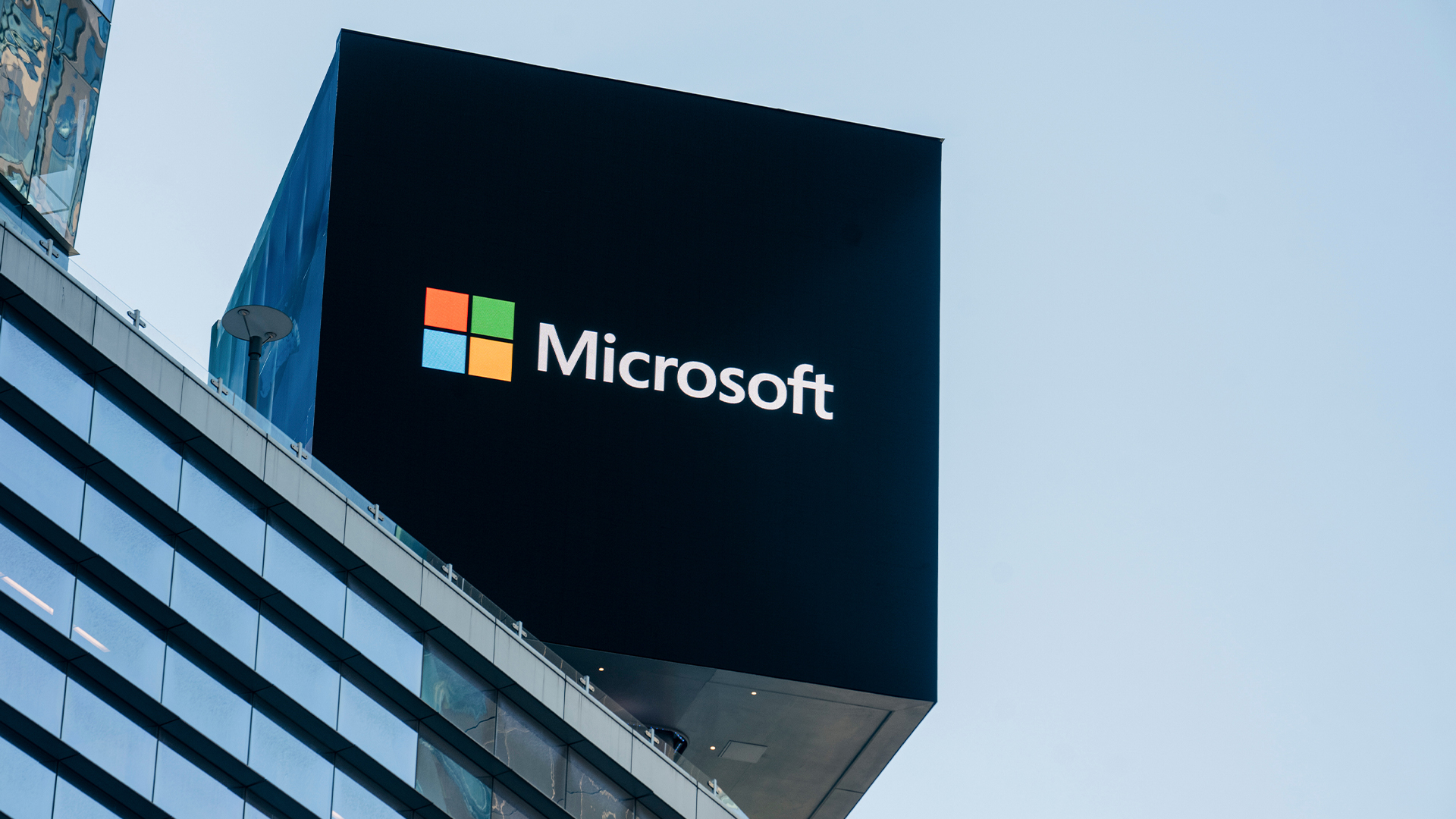 Microsoft just hit a major milestone in its ‘zero waste’ strategy
Microsoft just hit a major milestone in its ‘zero waste’ strategyNews Microsoft says it's outstripping its zero waste targets, recording a 90.9% reuse and recycling rate for servers and components in 2024.
By Emma Woollacott
-
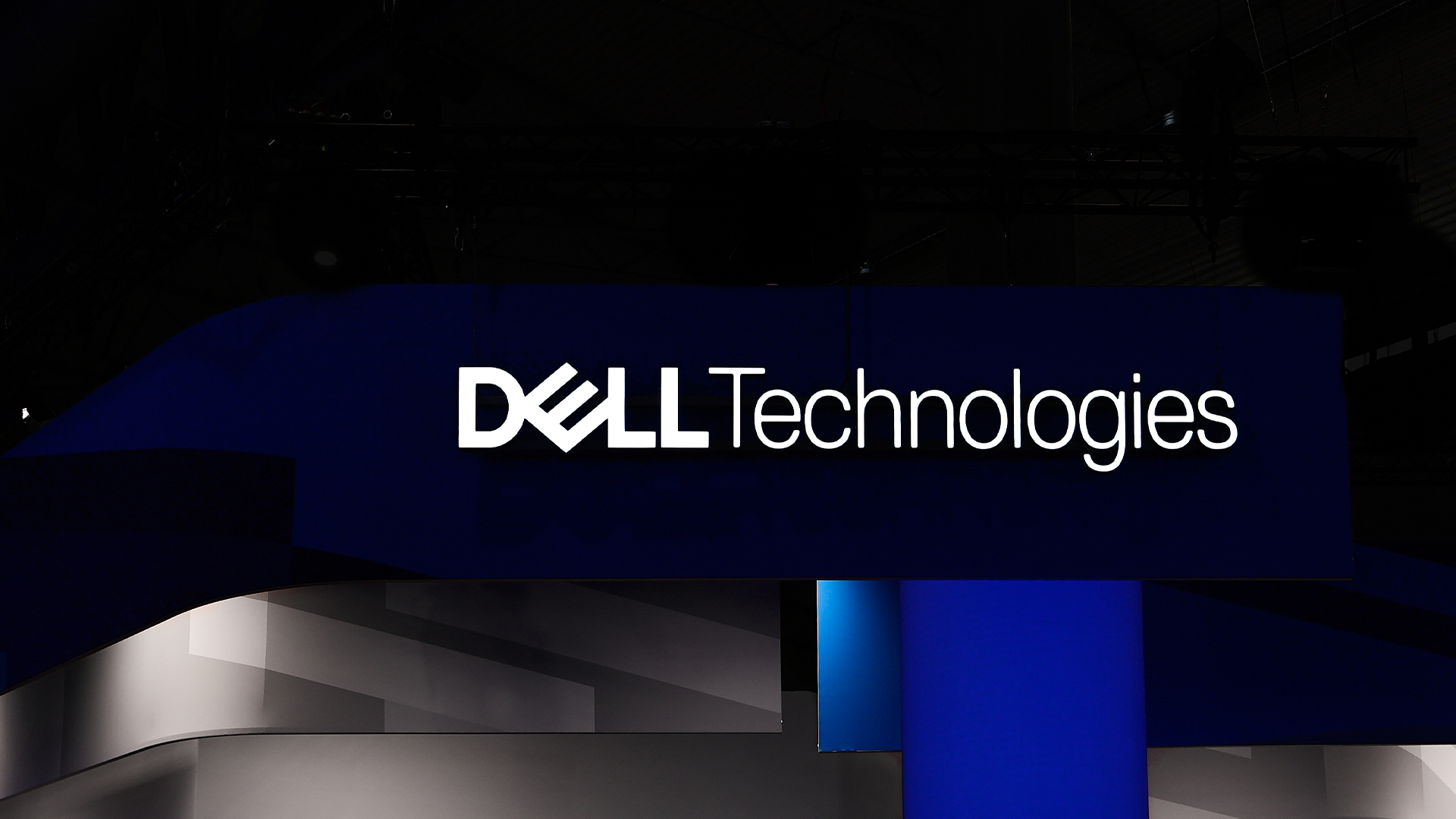 Dell names Lisa Ergun as new Client Solutions Group channel lead for the UK
Dell names Lisa Ergun as new Client Solutions Group channel lead for the UKNews Dell Technologies has announced the appointment of Lisa Ergun as its new Client Solutions Group (CSG) channel lead for the UK.
By Daniel Todd
-
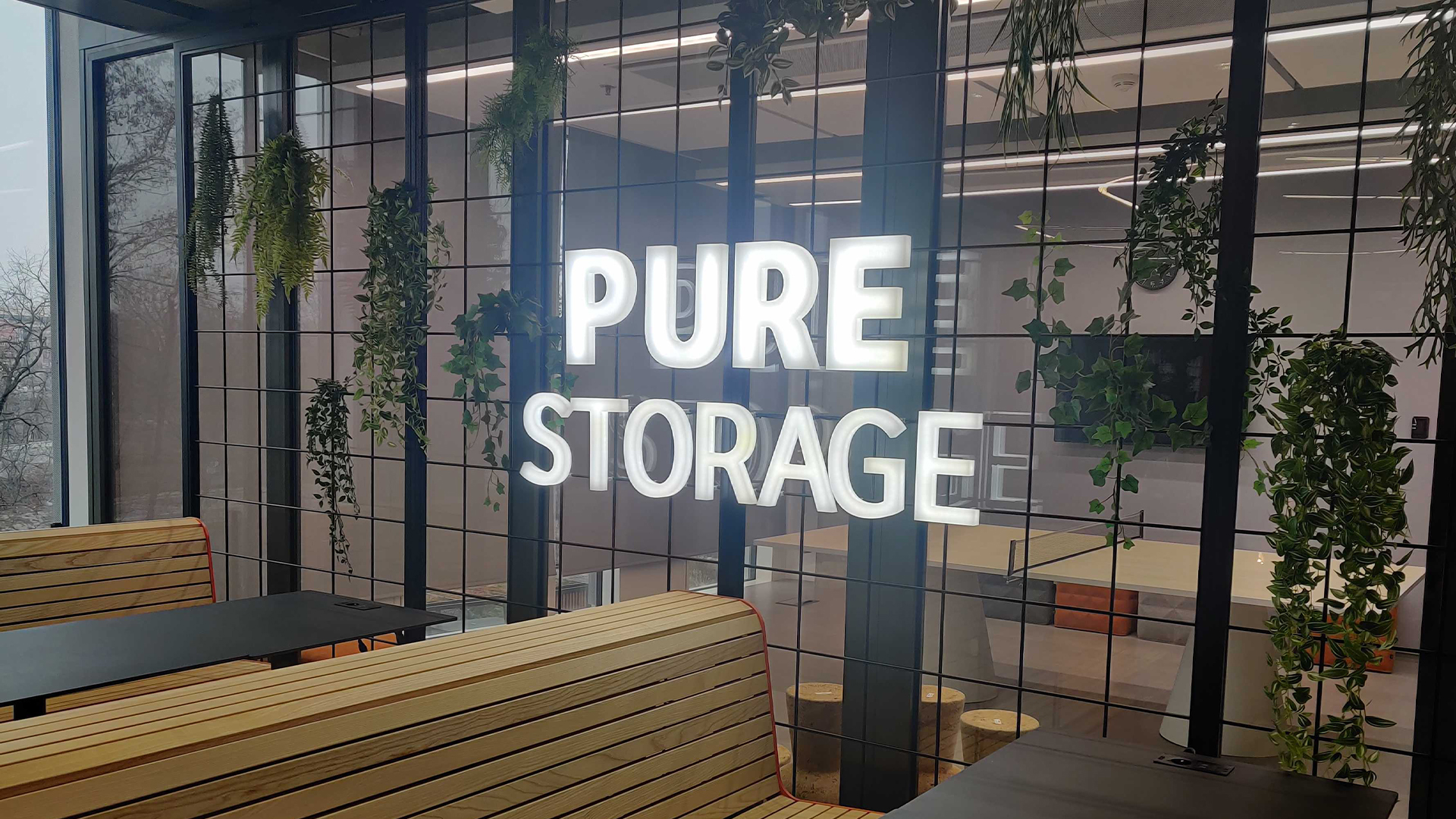 Pure Storage targets partner growth with revamped reseller program
Pure Storage targets partner growth with revamped reseller programNews Pure Storage has unveiled a raft of changes to its Reseller Program as part of a drive to improve partner profitability.
By Daniel Todd
-
 Pure Storage's recent hyperscaler ‘design win’ could be the death knell for disk storage
Pure Storage's recent hyperscaler ‘design win’ could be the death knell for disk storageNews Disk storage’s ubiquity in the enterprise market could be coming to an end
By Solomon Klappholz
-
 Pure Storage announces VM assessment service – and it could please beleaguered VMware customers
Pure Storage announces VM assessment service – and it could please beleaguered VMware customersNews The firm unveiled a new tool for managing VM costs as part of its Pure//Accelerate London 2024 event
By George Fitzmaurice
-
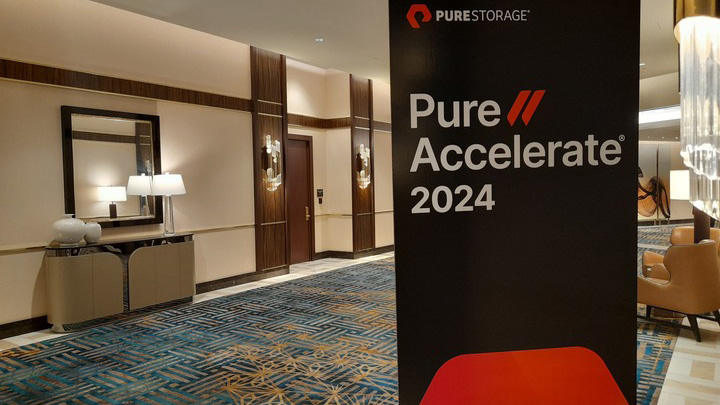 Pure Accelerate 2024 live: All the news and updates from the day-two keynote
Pure Accelerate 2024 live: All the news and updates from the day-two keynoteLive Blog We're back with another live blog for day-two at Pure Accelerate 2024 in Las Vegas – keep tabs on all the news and announcements here
By George Fitzmaurice
-
 Pure Storage tweaks SLAs amid sharpened focus on cyber resilience
Pure Storage tweaks SLAs amid sharpened focus on cyber resilienceNews Pure Storage announced updates to its service level agreements (SLA) to better serve the cyber security and storage requirements of its customers
By George Fitzmaurice
-
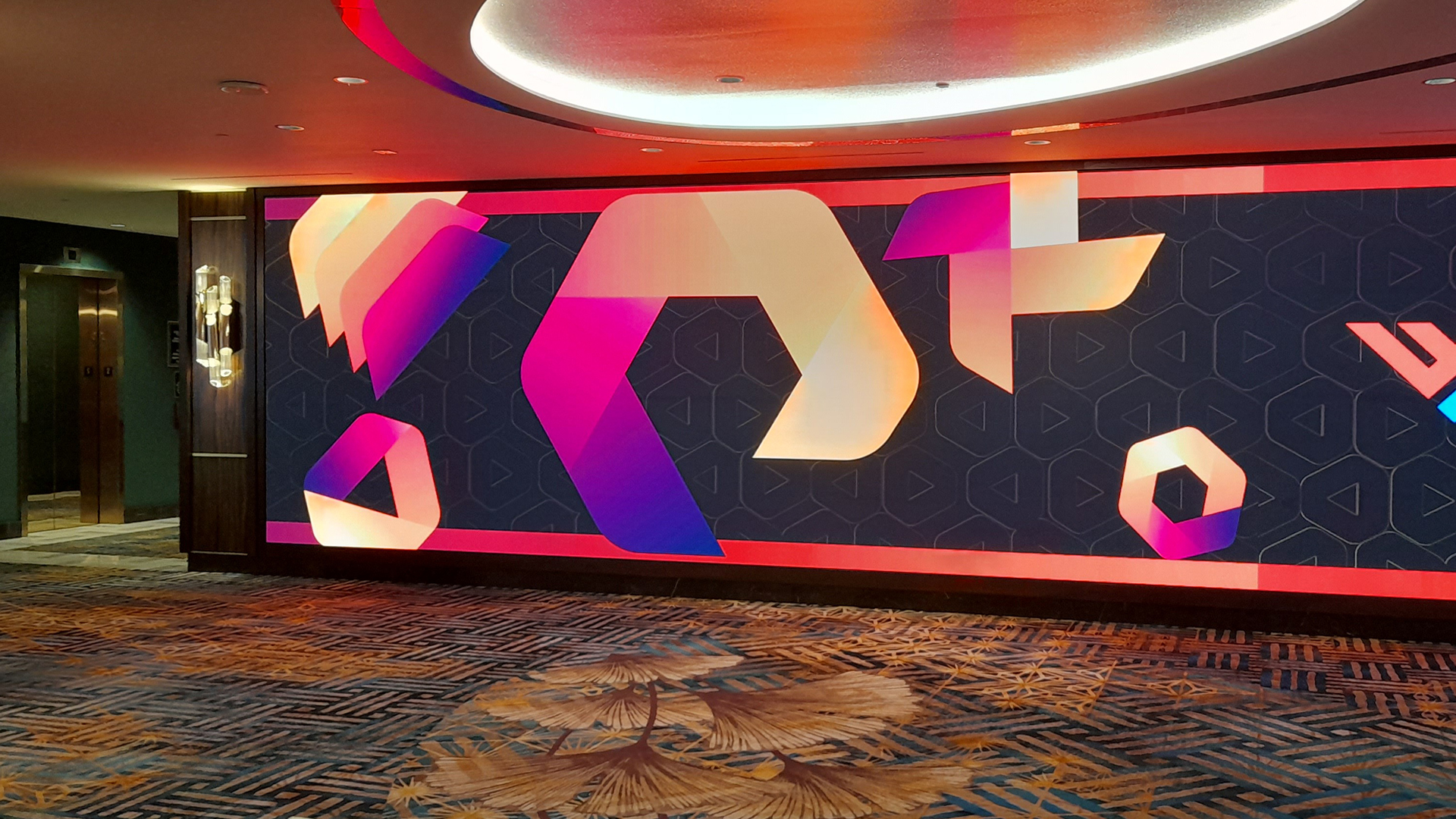 Pure Storage looks to 'fundamentally change' cloud storage management with new AI copilot tool
Pure Storage looks to 'fundamentally change' cloud storage management with new AI copilot toolNews Pure Storage has unveiled a raft of new AI features, including its very own copilot for storage management
By George Fitzmaurice